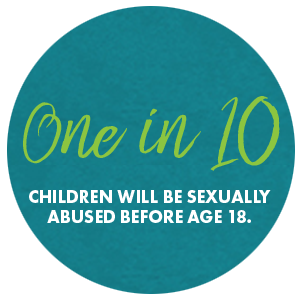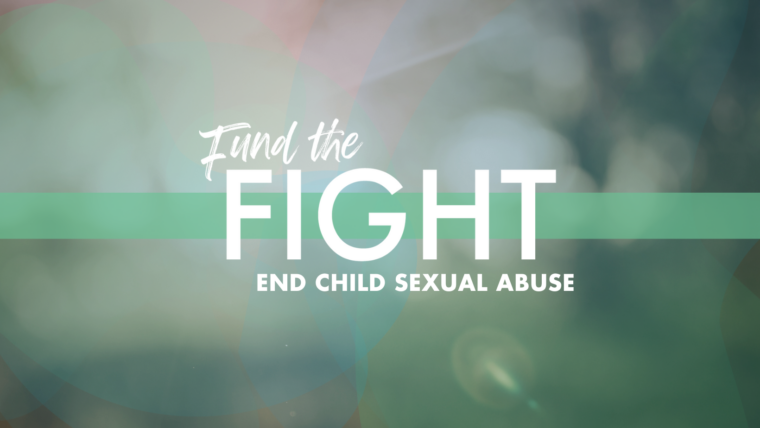Think back to a smaller you sitting in your parent’s station wagon. Maybe you are lying across the back, or maybe there are too many of you fighting for some space — all of you free of the irritating rub of a seatbelt against your necks. Now cut to this morning and remember the race between you and that nagging dashboard beep, pestering until it was satisfied by one simple click.
What changed? Only 11.5% of people wore seatbelts in 1981, so why do 88.5% wear them today?[1] Is it because we now better understand the consequences of a car crash without a seatbelt and want to prevent this from happening? Unfortunately not. We buckle up because of frequent nudges which force us to do so: laws which govern us, vehicles which beep at us, friends and family who pressure us, and our sub-conscious now re-trained. These nudges are all part of a comprehensive behavior change campaign to reduce road fatalities — more simply put, society made wearing a seatbelt the norm, because it would save people.
Now apply this to a public health crisis that is considerably more difficult to discuss. Child sexual abuse.

More frequent than the road fatality statistics which pushed us to alter our seatbelt behavior, one in ten children will be victims of child sexual abuse before their 18th birthday. This means approximately 400,000 children born this year alone will be victims. What’s worse, only 36% of estimated child sexual abuse cases are ever reported, leaving researchers to question if the prevalence is actually higher. For those who work with children, child sexual abuse is often referred to as a silent public health epidemic.
As we begin to understand more about how Adverse Childhood Experiences impact our lives, we realize the effects of child sexual abuse are far reaching, even into adulthood. Untreated trauma leads many victims to poor academic performance, higher rates of substance abuse, diabetes, obesity, and heart disease, and in some cases, increased vulnerability to traffickers. The CDC estimates that American taxpayers cover approximately $210,000 per person or $1.2 billion dollars annually associated with these unfortunate repercussions.
So what prevents us from rallying for change as we did with seatbelts or tobacco? It is not as if we are unaware that children are at risk for sexual abuse.
Our inability to act on this issue can be summed up in one word: stigma. Individuals are scared to report due to fear of being ostracized. Friends and family silence victims in disbelief. Corporations are reluctant to associate their brand with an unfriendly cause for fear of what it may imply. Doctors are not required to educate new parents on their child’s susceptibility. Lawmakers are shy to propose bills which erode the statute of limitations. And with little funding available for organizations working to promote change in a scaleable way, we will remain a society that is afraid to address it rather than being afraid not to address it.
The good news is, behavior change is possible, and we know it works.
It works when, as adults, we become comfortable in our discomfort. When we accept that we need to talk about our bodies, sex, and boundaries. When we are comfortable asking family members and friends to respect a child’s boundaries or youth serving organizations to clearly display their child protection policies. When we demand that politicians put the rights of our children before all else.
If parents and caregivers demand pillars of protection be in place before sending their child to school, camp, or church, and lawmakers and city officials work to mandate prevention training and policy, society will intrinsically feel the subsequent nudges. They will be comfortable completing routine background checks for staff and volunteers and prominently displaying child protection policies that minimize unsupervised one-on-one time. As a result, you will start to see a cultural shift where the protection of kids is the priority and stigma will gradually diminish.
Protecting children from sexual abuse should be our number one goal. Just like that click of the seat belt, the prevention community urges you to partake in behavior change efforts which benefit the masses. More simply put, be the reason openly preventing child sexual abuse is the norm, because it would save children.
 Katelyn N. Brewer joined Darkness to Light in November of 2016 as the President & CEO. She brings valuable experience to the organization, including development and oversight of global initiatives and leadership roles in fundraising, strategy, and operations. As a high energy, entrepreneurial executive, Katelyn is passionate about solving infrastructure and strategic challenges to help organizations achieve programmatic scale. Katelyn’s dedication to innovation, emerging technologies, and cross-team alignment empower nonprofits to achieve critical social goals. Her work has resulted in sustainable change for communities, both nationally and internationally. Katelyn has demonstrated that grassroots community initiatives lay the groundwork for an organization to expand its mission globally. Her leadership will help Darkness to Light further its work educating adults everywhere on how to prevent child sexual abuse through their award-winning Stewards of Children® certification and other prevention programs.
Katelyn N. Brewer joined Darkness to Light in November of 2016 as the President & CEO. She brings valuable experience to the organization, including development and oversight of global initiatives and leadership roles in fundraising, strategy, and operations. As a high energy, entrepreneurial executive, Katelyn is passionate about solving infrastructure and strategic challenges to help organizations achieve programmatic scale. Katelyn’s dedication to innovation, emerging technologies, and cross-team alignment empower nonprofits to achieve critical social goals. Her work has resulted in sustainable change for communities, both nationally and internationally. Katelyn has demonstrated that grassroots community initiatives lay the groundwork for an organization to expand its mission globally. Her leadership will help Darkness to Light further its work educating adults everywhere on how to prevent child sexual abuse through their award-winning Stewards of Children® certification and other prevention programs.
Follow us on social media to stay up to date and join the conversation.



I agree that it is a cultural change that needs to be made. We need to start protecting children instead of abusers. It is my point of view, and that of many others who have suffered in silence, that the family and probate courts are an area where huge change needs to be made. Any allegations of abuse are met with complete disbelief and endangering decisions. Like you said, 90% of abuse is perpetrated by a familiar face. Many of those faces include family members. We need to protect children first and foremost, and show them that their bravery isn’t met by disbelief. We need to keep them safe, not doubt them. Adults can protect themselves. It’s our job to protect the kids. Courts that endanger victims should be prosecuted as abusers as well.
Totally agre. That said children need to trust their instincts and backed up and be respected when they don’t want to be hugged, kissed, etc my others. They are not being rude , they just don’t like being forced to allow their personal space violated or intruded on.
Dear “Mom” and Linda, you both are wise in your views. If only children were given the freedom to exercise their right to their space…to decide who they wish to snuggle with, hug or kiss. Parents force kiddos to sit with Santa and the Easter Bunny despite their refusals. “It is tradition, it is culturally acceptable, it is a societal norm etc.” Children will be adults. Children who are repeatedly violated and receive the message that their feelings don’t matter are the next generation of people that struggle in so many ways. They will become parents too, some will seek support, healing, and better ways to love their children; some for a variety of reasons will repeat the cycle. We need to give our children permission to speak up and respect what they have to say. Let them know that those that are older, bigger, and seemingly more powerful can be trusted.
I work in the elementary public schools to teach kiddos about personal safety (sexual abuse prevention) and they get it! They understand so much about their worlds, the people responsible for them, about what is comfortable or safe touch and how to interpret their instinctual feelings of uncomfortable or unsafe touch. The problem is whether or not a kiddo believes they have a trusted adult they can talk to that will believe them. I tell them, “Keep telling until someone says they believe you and will help you.” What an enormous self-advocating assignment to give to a child! Caregivers need to become aware and less fearful of talking and listening to their children about these life-altering experiences.
My child,is recently been a victim of sex crime. She is 14. This man has been doing this sort of stuff to girls for at least 5 years. There was many acusations made and nothing was ever done. Now in 2018, I am having to fight for my child rights. This man has done been released on work release and I can’t understand why…
Hi Felicia – I am so sorry for everything your child and you have been through. If you would like to speak with someone and look into resources that can help, please call 866.FOR.LIGHT or text LIGHT TO 741741. Thank you!